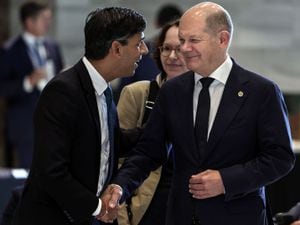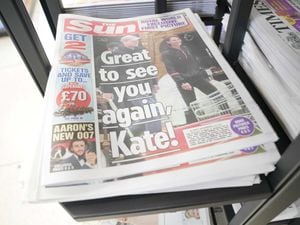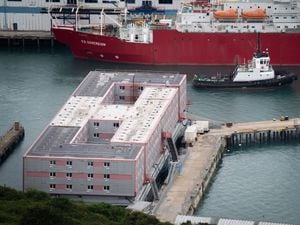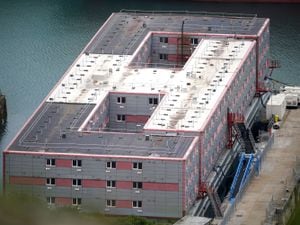Early May bank holiday blamed for Wetherspoon sales slowdown
The May Day break was included in the third quarter in 2017, but did not make this year’s cut-off.
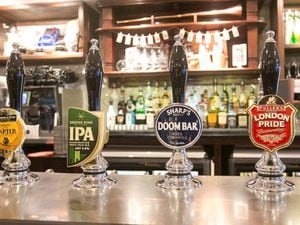
JD Wetherspoon has blamed the timing of the early May bank holiday for hitting third-quarter sales, while bemoaning “significant cost increases” in the second half of the financial year.
The pubs company logged a 3.5% increase in like-for-like sales for the 13 weeks to April 29, while total sales increased 2.8%.
It said the rate of growth was slowed by the May Day break, which was included in the third quarter in 2017, but failed to make the cut-off this year – making for tougher comparatives.
In its trading update, JD Wetherspoon said it is “likely to have reduced like-for-like sales by about 0.5% in the period”.
Chairman Tim Martin flagged higher costs and further uncertainty around the forthcoming World Cup football tournament in Russia this June.
“We continue to face significant cost increases in the second half in areas which include labour, business rates and the sugar tax. There is also some uncertainty as to the effect on sales of the Fifa World Cup.
“We continue to anticipate a trading outcome for this financial year in line with our previous expectations.
JD Wetherspoon shares were down 0.3% in morning trading.
It also detailed the opening of five new pubs since the start of the financial year – though 19 were sold off.
The company plans to open one more pub by financial year-end, adding that the market value of its estate “remains comfortably above the net book value”.

“I feel sure that the UK should leave. This will enable Parliament to eliminate taxes on non-EU food and drink imports, reducing prices in the shops, which will immediately improve living standards.
“It makes no sense for the UK to continue to impose taxes on new world wines, coffee, rice and thousands of other products, and then to send the proceeds to Brussels.
“The EU masquerades as a free trade organisation, but it is really a protection racket which imposes import taxes on the 93% of the world’s population that is not in the EU.
“The UK should copy countries like New Zealand, Australia and Singapore, which have successfully adopted free trade policies, rather than being beholden to the undemocratic EU and its unelected presidents.”

